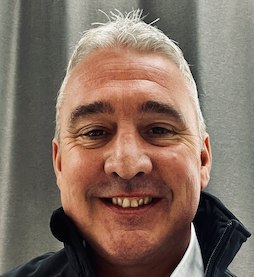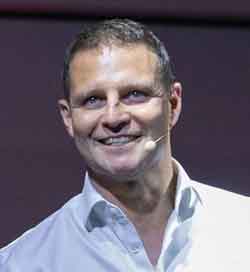How should we define obesity – is it a disease, a disability or a lifestyle condition? And why does the definition matter?
In fact it matters a great deal, because the label we use has significant implications for the way people view obesity, and crucially for who’s liable. While ‘disability’ marks it as something to be accepted and lived with, and ‘disease’ gives people an excuse to defer responsibility for their health onto the medical profession, ‘lifestyle condition’ makes the problem seem more reversible, with lifestyle change – our sector’s area of expertise – clearly signposted as the logical solution.
So how are we currently defining it? That depends on where in the world you are: in the US, for example, obesity is now seen as a disease in its own right – not simply the precursor to other diseases such as type 2 diabetes – following an American Medical Association vote last year.
But in Europe, the debate has been raging recently over whether obesity is in fact a disability, thanks to a case brought to the European Court of Justice by a Danish childminder who claims he was sacked for being too fat.
The US definition didn’t gain universal approval. Putting the onus on doctors to step in and provide informed support – and remunerating them for doing so – could in many ways be seen as a positive move. But at the same time, as Dr Chris Beedie of the UK’s Aberystwyth University said at the time, by medicalising the condition “it puts the emphasis on treatment, not prevention, inevitably leading to expensive medical interventions to tackle what is a societal problem”.
But if the US decision didn’t win everyone over, the European debate has had commentators positively up in arms. Should obesity be deemed a disability, the emphasis wouldn’t even be on treatment. Rather, it would be on accommodating obesity, with employers across the EU facing expensive new obligations to adjust workplaces to cater for obese employees.
Quite aside from the impact on corporates, surely we can’t let this happen? Simply accepting obesity as something to be catered for, rather than a tide to be turned, goes against everything our sector believes in. Indeed, as ukactive CEO David Stalker said when the story broke in June, the European deliberations distract focus from the more fundamental issue: “That obesity is a lifestyle condition that requires a balanced lifestyle, including regular activity and healthy eating. We should really be discussing the best means of delivering this message and the support needed to tackle obesity and other lifestyle conditions.”
Stalker makes two important points, categorising obesity as a lifestyle condition but simultaneously stressing the need to focus not on labels but on solutions – both observations that sit well with the way the fitness sector markets itself. Rather than endlessly defining what the already very evident problem is, let’s invest our energy into finding solutions, following ukactive’s lead in moving the debate away from a focus on obesity towards a focus on physical inactivity.
Kate Cracknell, editor, [email protected] @HealthClubKate























































